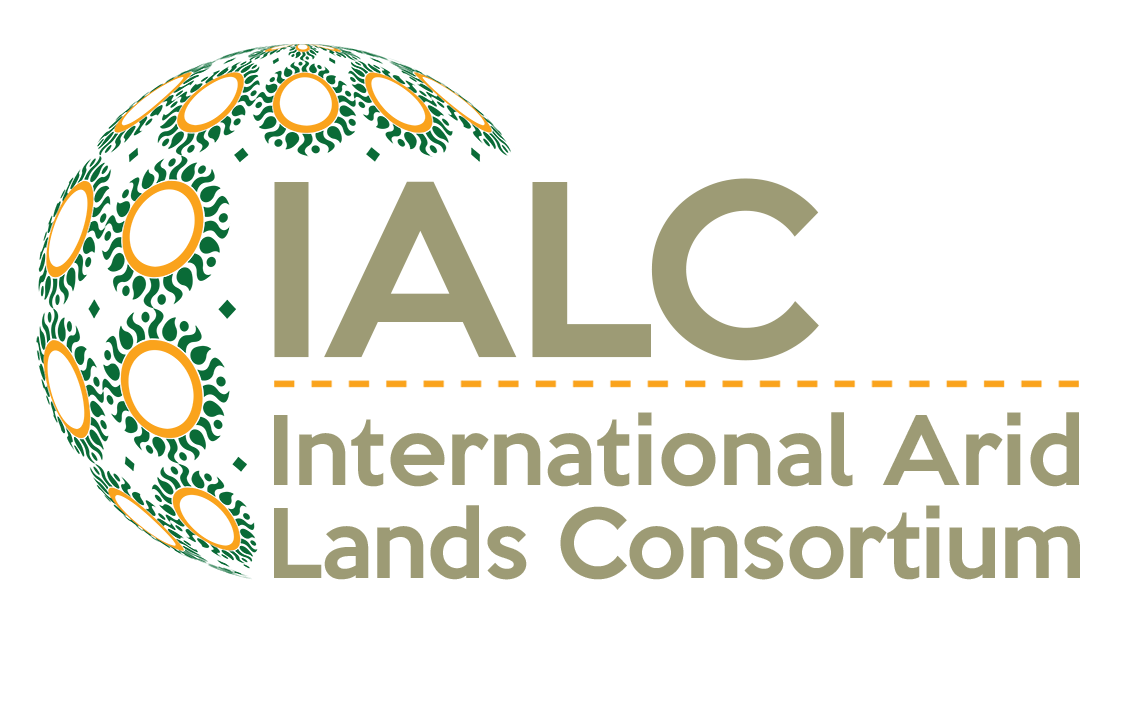Forest Systems for Wastewater Treatment and Economic Sustainability
Investigators (most current known information)
Proposal Abstract
The U.S.-Mexican border region has experienced rapid population growth in the last 30 years, resulting in natural resource degradation and increasing threats to public health. A primary concern is the threat posed by water pollution, especially through improper treatment and disposal of human wastes. Binational efforts are underway to find solutions, particularly through the development and alternatives to high-cost, conventional waste treatment systems. Alternative systems should reduce contaminants as well as recycle nutrients and carbon present in the waste materials in an innovative manner.
This project, based in the small border community of Ojinaga, Chihuahua, Mexico (pop. 25,000), has demonstrated the low-cost treatment of municipal sewage effluent by way of a wastewater land application system integrated with the production of fast growing trees for fiber and energy. Moreover, it has promoted environmental awareness by demonstrating the value of wastewater as a resource for the production of woody biomass. This project has also served as a catalyst for economic sustainability by exploring options for the growth and sale of pulpwood by area farmers on abandoned and marginal farmland. The installation of a full-scale system of this type is economically justified based on cost-benefit analysis. This pilot study could serve as a model system for effective waste treatment in other communities in the border area.
A five-pronged approach was used to diffuse the information gained from the Ojinaga Forest System Wastewater Treatment Pilot Study to the local community as well as to the larger border region:
- A package of educational materials and projects targeted at students at the secondary school level was developed. This curriculum was tested on a group of 60 students at the CETIS No. 98 Technical School in Ojinaga.
- Two community-wide field day/demonstrations events were held. The first of these events, primarily directed at the population of Ojinaga and its sister city, Presidio, TX, was held at the Ojinaga zocalo or city center and was planned and staffed primarily by the CETIS students mentioned above. The second event, aimed at both the local community and key individuals from throughout the border region, was held at the Ojinaga Forest System Wastewater Treatment Pilot Site and the Campo Experimental de Ojinaga (agricultural experiment station).
- Through a series of workshops, interested Ojinaga area farmers were informed about the possibility of forming a tree farm cooperative. The Ojinaga community has always envisioned that the waste treatment project would serve as a catalyst to start a tree farm system that would focus on reclaiming salted-out, abandoned farmland. The connection of a tree farm cooperative to the treatment of municipal wastewater is two-fold:
- create the organizational structure necessary to run the tree plantation part of the treatment system for the municipality, and
- bring land into tree framing above and beyond the 400 ha needed to treat the community's projected wastewater flow. This would create the volume of production needed to secure an optimum economy of scale for pulp production in Ojinaga.
- In order to better demonstrate the rapid growth potential of pulpwood trees using pre-treated wastewater, tree growth data was collected each winter. By the end of the fifth growing season of this study, the four best tree varieties (the three Eucalyptus clones and Populus clone 367) demonstrated promising survival and growth for the profitable production of pulpwood using pre-treated wastewater, having reached an average height of 11.73 m and breast height diameter of 126 mm, with an average survival of 83%.
- During the course of this project it became apparent that the ideals of community-driven decision making often have little to do with the reality of who makes the final decision regarding which wastewater treatment systems are to be adopted on both sided of the border. Key political figures, under the influence of various special interest groups, will decide in the end which type of system is used, regardless of whether or not it is in the best interests of the community. For this reason, we (somewhat reluctantly) became involved in concentrated efforts t demonstrate the advantages of the integrated tree plantation treatment alternative to key individuals with political influence. This meant going beyond inviting officials to demonstration events: with the encouragement and participation of community members, the concept of Forest System Wastewater Treatment was taken to the meetings and offices of the decision-makers.
Outcome
Article in Journal
Lujan Alvarez, C., C.L. Falk, C.A. Erickson, J.G. Mexal and H. Luján Alvarez. 2001. "Desarrollo agroforestal comunitario sustenable en la región fronteriza México-Estados Unidos de América." Ciencia Forestal 26:81-91.
Presentations
Luján Alvarez, C., C.L. Falk, C.A. Erickson and J.G. Mexal. 2001. "Un proyecto agroforestal comunitario en la región fronteriza," In Innovaciones Mexicanas en el Manejo del Agua. Centro del Tercer Mundo para el Manejo del Agua (CTMMA), compiler D. Barkin, 190-202. Mexico.
Lujan Alvarez, C., C. Erickson, C. Falk and J.G. Mexal. 2000. "Desarrollo sustentable:un proyecto agroforestal comunitario en la región fronteriza de México con Estados Unidos de América.," Proc. Congr. Nacional de Reforestación, Texcoco, Mexico. November.
Mexal, J.G., W.H. Zachritz and T. Sammis. 2001. "Trees are the answer: To wastewater treatment for small communities," 327-335. In Natl. Nur. Proc.-1999, 2000 and 2001. USDA-FS, Rocky Mountain Research Station, RMRS-P-24.

